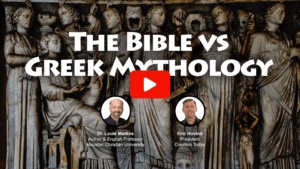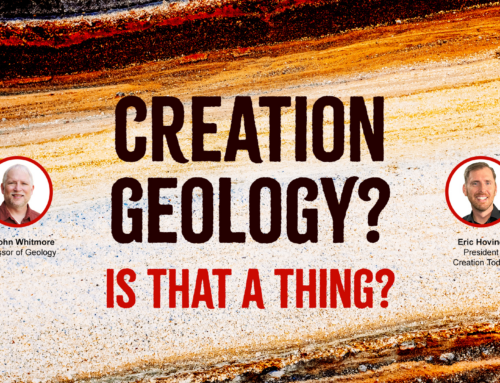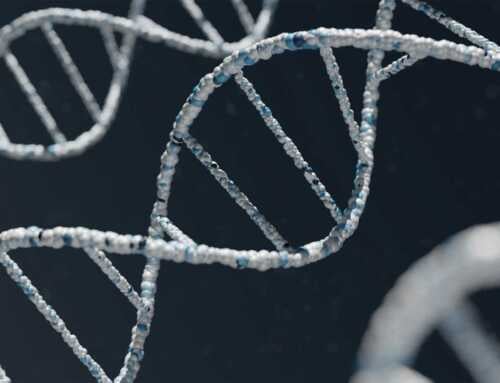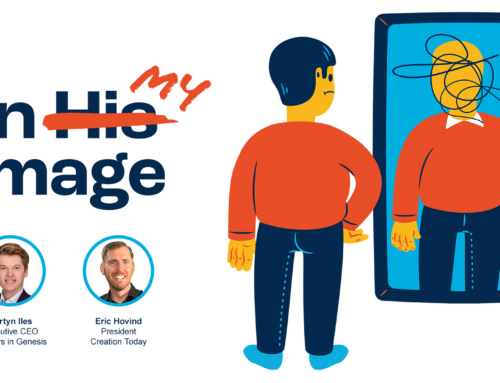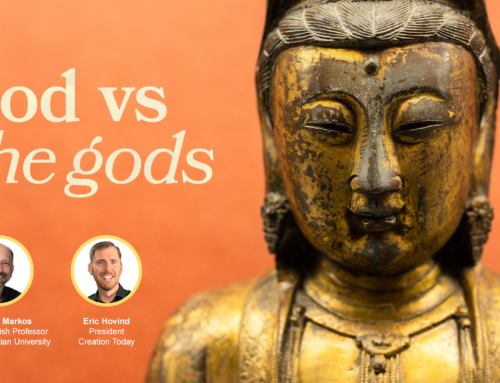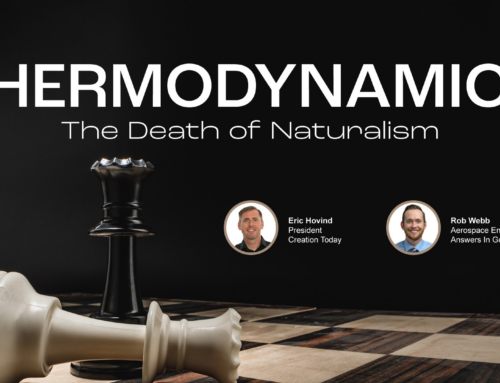Some of the most well-known myths tell a compelling story of a struggle between good and evil; light and dark; heroes and villains. In the Creation Today show “The Bible vs. Greek Mythology” we discuss these myths with Dr. Louis Markos – an author and English professor at Houston Christian University. He dives into the world of mythology and how the similarities in the Biblical account point to the truth of God’s Word.

Dr. Louis Markos
So, what does the story of something like Pandora’s box have in common with the Biblical account of Adam and Eve? Pandora’s box is the story of the first woman (Pandora) created by the Greek gods. She was given a box with instructions never to open it. But when the gods were out of sight, Pandora opened the lid and let out all the evils of the world.
Now think back to Genesis and the account of Adam and Eve. Eve, the first woman, was told never to eat the fruit of the tree of knowledge of good and evil. But she disobeyed, ate the fruit, and gave it to her husband, Adam, also. As a result, sin entered the world. Sound familiar?
Dr. Markos details the parallels between many more myths and Biblical accounts. The similarities are astounding! But it brings up the question: which is true? If the Biblical accounts sound like many of the myths we know, does that mean the Bible is also a myth? Dr. Markos says the answer is a resounding NO!
These pagan myths ask questions that the Bible answers. The stories give readers an understanding of forbidden knowledge and a fall. But the culmination of all these stories is Christ! The analogy Dr. Markos gives is that mythology is like a candle, but the Bible is like the sun. The candle gives us a glimpse of what the true light – the sun – provides. This means Jesus not only fulfilled the Old Testament prophecies, but also fulfilled the highest longings of the pagan people.
So, did the Bible steal from Greek mythology? No. It brought clarity and meaning by telling the compelling TRUE story of good vs. evil; light vs. dark; and hero vs. villain.

